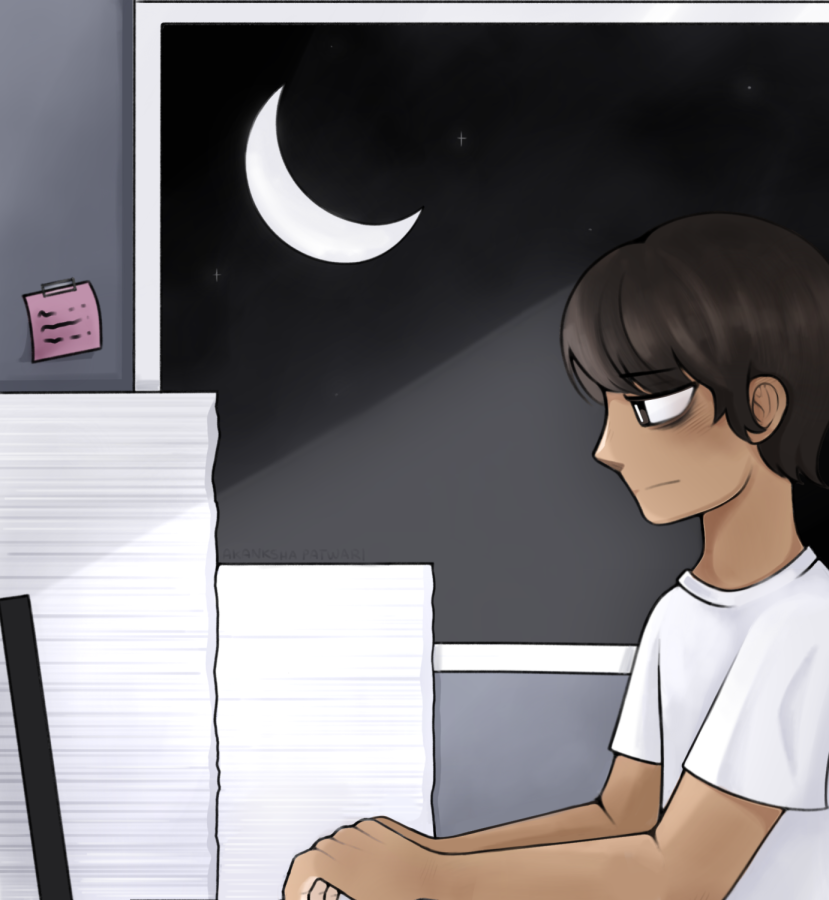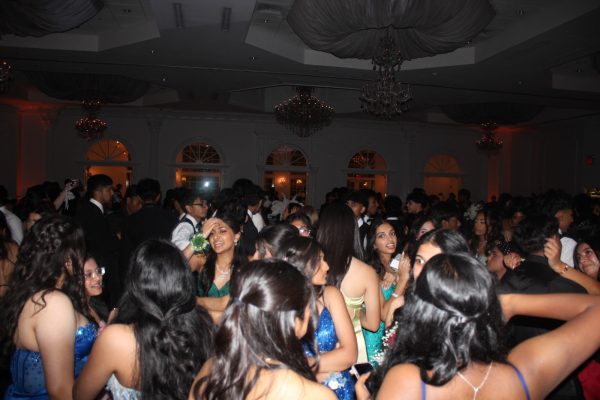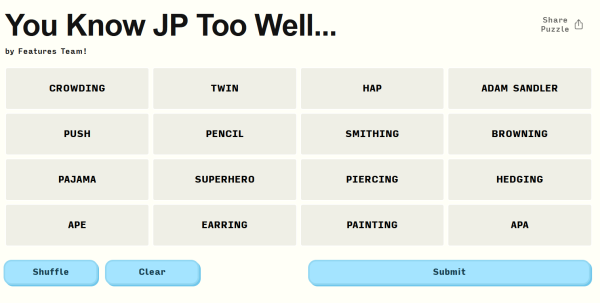Winter Blues Mean Procrastination is About to Bloom!
February 16, 2023
Just like failing driving tests, procrastination is a common problem that many highschoolers face, particularly during the winter months when the days are shorter and the nights are longer. Eventually, these lazy days will lead to mounds of homework, late-night cramming, multiple all-nighters, and a 10 minute “nap” in every single period.
To save you from once again pulling an all-nighter, I think it will help to understand what makes you unproductive in winter. Winter means more moon and less sun, which not only destroys our summer tan but also our circadian rhythm, the cycle that controls our serotonin production. Serotonin is famously known as the “feel-good” chemical, but it controls something even more important: productivity, the key to survival at JP Stevens. So when winter comes around, and your grades falter, blame it on winter. But don’t ask me to convince your parents that winter is the culprit and not your TikTok addiction!
However, the science is not absolute, and while highschoolers love to blame everybody else first, procrastination rates can be exacerbated by our own bad habits. A prime example of this is trying to complete larger tasks in one stretch instead of breaking it up into more manageable pieces and working on it throughout the night. This strategy makes homework less of a sprint (like our morning hallway dashes to homeroom) and more of a jog or fast-paced walk (like every JP kid’s pace when told to run in gym class). Smaller pieces are easier to complete, keeping you motivated.
Along with breaking up tasks, another strategy to induce productivity is implementing the “two-minute rule”: setting a timer for two minutes and completing as much work as possible during the timer. Though the time spent working is shorter than our gym-time stamina, the small time frame forces you to concentrate solely on your designated task. Though we all like to do those short and sweet assignments in study hall, this method can prevent study hall cramming and lead to actual progress on bigger assignments.
Last but definitely not least, in order to boost productivity, sometimes it is most helpful to take breaks. Though these rest periods can sometimes turn into an hours-long YouTube binge, keeping your breaks at fifteen minutes can give your brain a breather and help complete any desired tasks quicker.
Our increased procrastination and productivity during winter is not completely our fault, but it is enhanced by our own bad habits. Though many believe that locking our phone in the next room and turning on “Screen Time” removes the distraction and makes us work faster, the key to winter time productivity lies in our strategies. Hopefully you can keep your all-nighter count at a standstill.







































